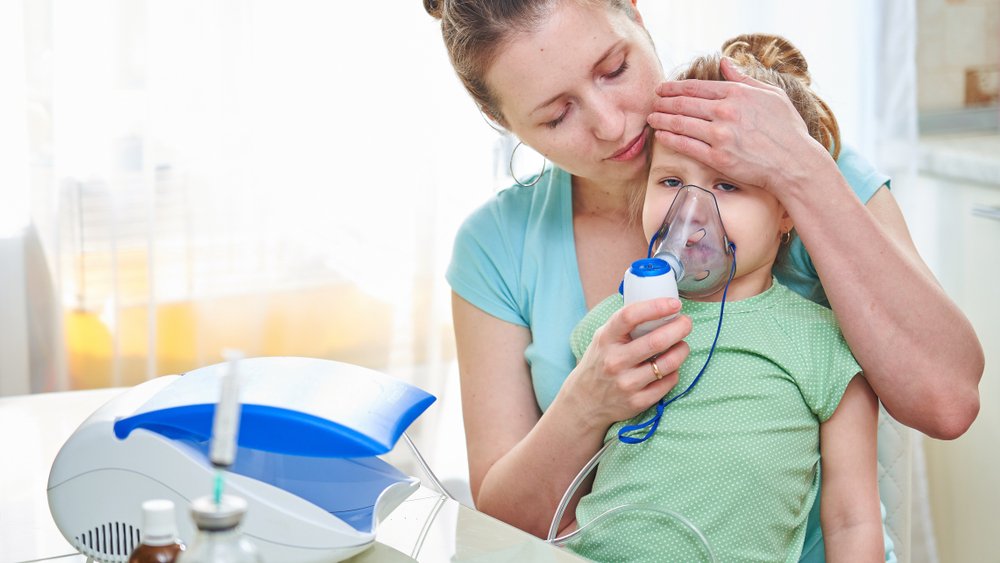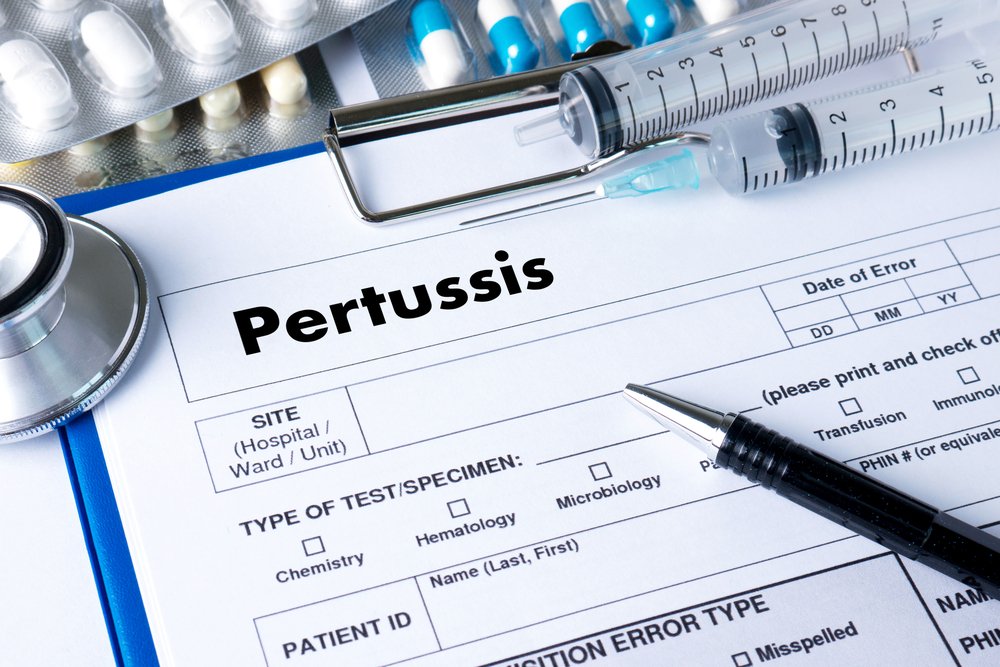Whooping cough
Whooping cough, also known as pertussis, is a highly contagious bacterial infection that affects the respiratory system. It is characterised by severe coughing fits followed by a "whooping" sound when breathing in. Though often associated with infants and young children, whooping cough can affect people of all ages.

Stage 3: Convalescent Stage (Weeks to Months)
The recovery phase where symptoms gradually lessen, but coughing fits may continue for weeks.
Symptoms include:
- Gradual improvement of cough frequency and intensity
- Lingering fatigue
- Increased susceptibility to other respiratory infections
What is Whooping cough?
Whooping cough is an infection caused by Bordetella pertussis, a bacterium that attaches to the lining of the respiratory tract and produces toxins that damage the airways. The infection leads to severe and uncontrollable coughing, making it difficult for patients to breathe properly. It can be life-threatening, particularly in infants under six months old.
Signs and Symptoms of Whooping cough
Whooping cough develops in stages, with symptoms changing as the infection progresses.
Stage 1: Catarrhal Stage (1-2 Weeks)
This is the initial stage and is often mistaken for a common cold.
Symptoms include:
- Runny nose
- Mild fever (usually below 101°F or 38°C)
- Mild occasional cough
- Sneezing
- Watery eyes
- Fatigue
Stage 2: Paroxysmal Stage (1-6 Weeks, Can Last Up to 10 Weeks)
The infection worsens, leading to severe coughing fits, often followed by a “whooping” sound.
Symptoms include:
- Intense, rapid coughing fits (lasting 1-2 minutes)
- A high-pitched "whooping" sound while inhaling
- Vomiting after coughing fits
- Shortness of breath
- Bluish skin (cyanosis) due to lack of oxygen (more common in infants)
- Extreme exhaustion after coughing episodes
Causes of Whooping cough
Whooping cough is caused by the Bordetella pertussis bacterium, which spreads through airborne droplets when an infected person coughs or sneezes. The bacteria attach to the cilia (tiny hair-like structures) lining the upper respiratory tract and release toxins that inflame the airways and interfere with their ability to clear mucus.
Prevention of Whooping Cough
The best way to prevent whooping cough is vaccination. Other preventive measures include:
- Vaccination – The most effective way to protect against pertussis.
- Hand hygiene – Regular handwashing reduces the spread of bacteria.
- Avoiding infected individuals – Limit contact with those showing symptoms.
- Wearing masks – Prevents the spread of respiratory droplets.
- Cocooning strategy – Vaccinating close contacts of newborns (parents, caregivers, siblings) to protect infants.
Regions Where Whooping cough is Endemic
Whooping cough is prevalent in areas with low vaccination coverage. Outbreaks have been reported in:
- Sub-Saharan Africa
- South and Southeast Asia
- Latin America
- Middle East
- Parts of the United States and Europe (sporadic outbreaks)

Complications of Whooping Cough
Whooping cough can lead to severe complications, especially in infants, older adults, and individuals with compromised immune systems.
Complications in Infants
- Pneumonia (a leading cause of death in infants with pertussis)
- Apnoea (pauses in breathing)
- Seizures
- Brain damage due to oxygen deprivation
- Dehydration and weight loss from excessive vomiting
Complications in Adults and Older Children
- Broken ribs from severe coughing
- Hernias
- Urinary incontinence
- Pneumonia and other respiratory infections
Why Vaccinate at Trio Pharmacy's Travel & Vaccination Clinic in Shepperton?
If you’re planning to travel to an endemic region or want to protect yourself against whooping cough, Trio Pharmacy’s Travel & Vaccination Clinic in Shepperton is your trusted destination.
- Expert Guidance: Our trained healthcare professionals provide personalised advice tailored to your needs.
- Convenient Appointments: Flexible booking options to suit your schedule.
- Comprehensive Care: We ensure you receive the most up-to-date vaccinations and travel health information.

